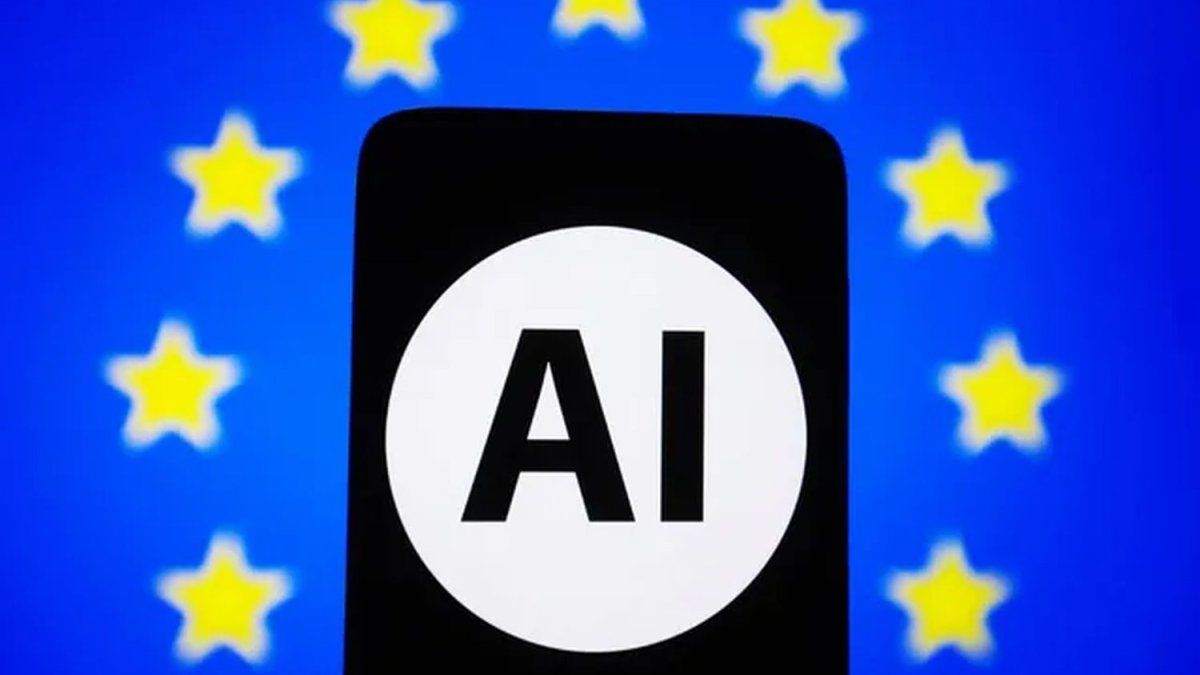The Artificial intelligence is already among us and begins to impact all areas of society. That is why the European Comissionthe executive arm of the European Union (EU)announced this Wednesday the creation of a expert office, economists and lawyers for regular the use of this technology in the countries of the block.
As announced by the organization, this office will have the objective of promoting “the development, implementation and future use of artificial intelligence in a way that fosters innovation, social and economic benefits“Just over two weeks ago, the bloc approved the first legislation regarding AI.
The organism It will be made up of 140 people among which are experts in technological development, economists, lawyers and more. The European Commissioner for the Internal Market, Thierry Bretonstated that the Commission will promote “a European AI ecosystem that is innovative, competitive and respectful of EU standards and values.”
european parliament.avif
After a long debate, the European Parliament approved the first relevant legislation in reference to AI.
European Parliament
For her part, the executive vice president of the organization, Margrethe Vestager, indicated that the office will act in contact with the scientific community. “We want to ensure that AI serves us as human beings and defends our values“.
The announcement came on the same day that EU auditors criticized the Commission for not investing enough in AI to achieve the objectives set by the bloc in this matter. It should be noted that, after a long and difficult negotiation, the EU became the first bloc to approve – this year – a ambitious legislation that determines the rules for using artificial intelligence.
What does the legislation that the EU approved say?
Just over two weeks ago, and after extensive debate, the EU finally approved the first relevant legislation worldwide for the regulation of artificial intelligence. Its about AI Acta pioneering regulation that establishes rules on use and development of tools powered by this type of technology.
“With the AI Act, Europe emphasizes the importance of trust, transparency and responsibility when it comes to new technologies, while ensuring that this rapidly evolving technology can flourish and stimulate European innovation”declared Mathieu Michel, Belgian Secretary of State for digitalisation.
The document divides into different “risk” levels the use of the Artificial intelligence. Thus, each of these sections and applications of this technology will be treated differentlyaccording to potential threats that they are perceived.
Certain applications of AI will be prohibited following the application of the law. Among them are the systems of “social score” that classify citizens based on the aggregation and analysis of their data, predictive use by the Police and the emotional recognition in the workplace and the schools.
AI facial recognition.jpg

The regulation prohibits the use of facial images obtained by surveillance cameras to create databases.
AdobeStock
On the other hand, the high risk AI applications They are also contemplated in the new law. These include development of autonomous vehicles and medical deviceswhich must be evaluated by the risks they represent for health, safety and fundamental rights of the citizen. Also, AI applications will be evaluated in financial services and education, where there is a risk of bias built into AI algorithms.
Thus, the European Commission will have the power to impose fines to companies that violate the AI Act. They may rise up to US$38 million or the 7% of your global annual revenuewhichever is greater.
Despite the steps taken, the legislation foresees a long intermediate period until its implementation and effective execution. To begin with, the restrictions on General-purpose systems will not start until 12 months after the AI Law comes into forcethat is, until May 2025.
Additionally, any generative AI system currently commercially available – such as ChatGPT, Google’s Gemini, and Microsoft’s Copilot – will have a “transition period” of 36 months since the entry into force of AI Act to comply with legislation.
Source: Ambito




